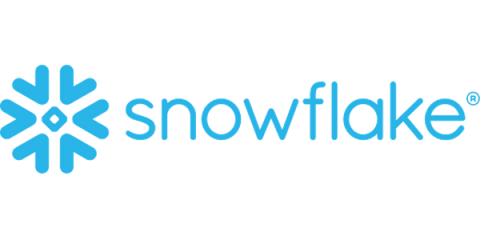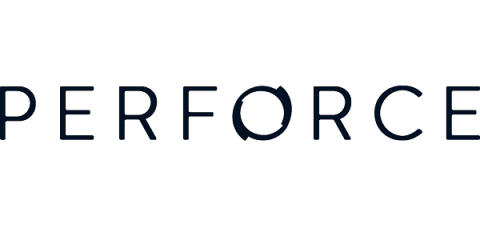Composable CDPs in Financial Services: Empowering Marketers and Reducing Compliance Risk
Marketers at financial services companies have their work cut out for them. Their companies have a wealth of data, but that data is often fragmented among different systems and divisions, and protected-class data has a wide range of restrictions on how it can be used for different product lines.











